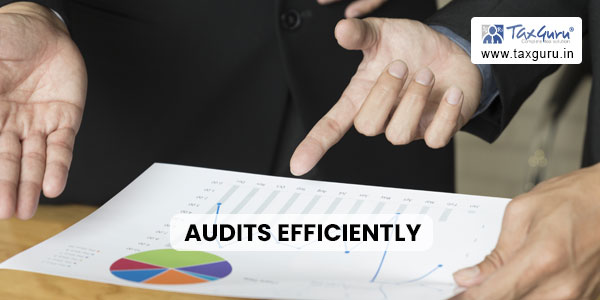“Discover effective strategies for managing an enterprise’s financial risks, controls, and audits. Learn the importance of identifying and mitigating financial risks, implementing robust internal controls, and conducting regular audits for transparency and accountability. Establish a comprehensive framework supported by strong leadership, clear policies, and competent professionals. Explore collaboration with external experts to enhance risk management and stay informed about emerging industry practices. Safeguard your financial health and ensure long-term stability through proactive financial governance.”
Managing financial risks, controls, and audits is crucial for enterprises to ensure long-term stability and success. This article aims to provide an overview of these important aspects of enterprise management and explore effective strategies for their implementation. By understanding the significance of financial risk management, implementing robust internal controls, and conducting regular audits, organizations can mitigate potential risks, safeguard their assets, and maintain transparency and accountability in their financial operations.
Financial risk management plays a vital role in protecting an enterprise’s financial health. To effectively manage financial risks, enterprises must first identify and assess potential risks, such as market volatility, credit risk, liquidity risk, and operational risk. Once identified, enterprises can develop risk mitigation strategies tailored to address these specific risks. For instance, organizations can diversify their investment portfolios to reduce the impact of market volatility or establish credit limits and robust credit monitoring systems to minimize credit risk. By proactively managing financial risks, enterprises can safeguard their financial resources and minimize the negative impact of unforeseen events.
In addition to financial risk management, effective internal controls are crucial for enterprises to prevent and detect financial mismanagement or fraud. Internal controls encompass various policies, procedures, and systems that promote the efficient and ethical operation of an organization. These controls can include segregation of duties, strict authorization and approval processes, regular monitoring and reconciliation of financial transactions, as well as comprehensive employee training programs. Implementing such controls ensures that financial operations are conducted in a transparent and accountable manner, minimizing the likelihood of errors or intentional misconduct.

Regular audits are essential to assess the effectiveness of an enterprise’s financial risk management processes and internal controls. Audits provide an objective and independent evaluation of an organization’s financial statements, internal controls, and compliance with relevant laws and regulations. External auditors, equipped with professional expertise, carefully assess an organization’s financial records to identify any irregularities, discrepancies, or weaknesses in internal controls. Through their audit findings and recommendations, enterprises can further enhance their financial risk management processes and internal controls, thereby strengthening their overall financial governance framework.
To successfully manage financial risks, controls, and audits, enterprises should establish a comprehensive framework that encompasses risk assessment, controls implementation, and audit management. This framework should be supported by strong leadership commitment, clear policies and procedures, robust risk models, and effective communication channels. Furthermore, enterprises must ensure that their risk management, control, and audit functions are adequately staffed with competent professionals who possess the necessary expertise and skills to execute these tasks diligently. Continuous training and professional development programs should also be provided to ensure that staff members remain up to date with the latest industry best practices and regulatory requirements.
Alongside these internal efforts, enterprises should also seek external expert advice and collaborate with reputable industry professionals who specialize in financial risk management, internal controls, and audits. External consultants can provide valuable insights, offer fresh perspectives, and assist in the implementation of more sophisticated risk management frameworks. Engaging in industry networks and participating in relevant conferences or professional associations can also promote knowledge sharing, enabling organizations to stay informed about emerging risks, control techniques, and audit practices.
In conclusion, managing financial risks, controls, and audits is of paramount importance for enterprises in safeguarding their financial health and maintaining transparency and accountability. Organizations should proactively identify and assess potential risks, develop appropriate mitigation strategies, and establish robust internal controls to prevent and detect financial mismanagement or fraud. Regular audits conducted by independent professionals enable a comprehensive evaluation of an organization’s financial operations, facilitating continuous improvement in risk management and control implementation. By adopting a comprehensive framework, investing in competent staff, and seeking external expert advice, enterprises can effectively manage financial risks, controls, and audits, laying the foundation for sustainable success.




